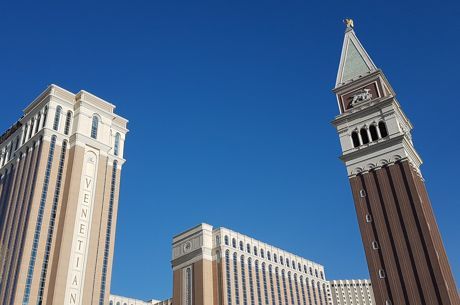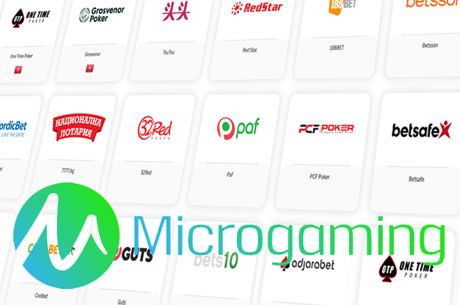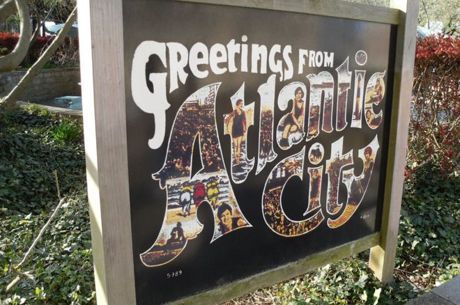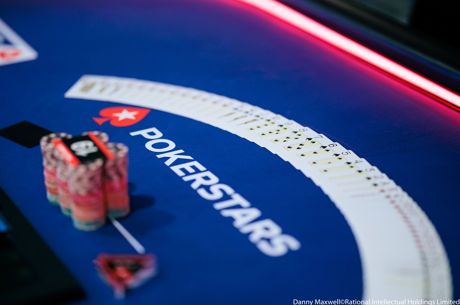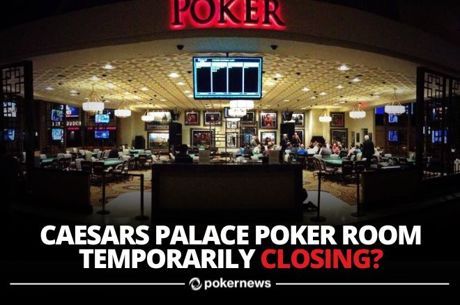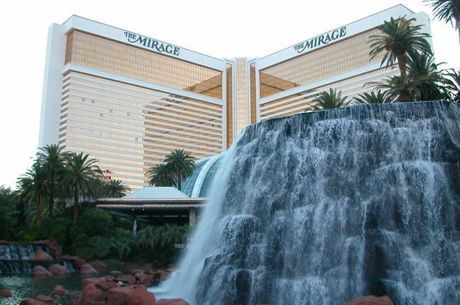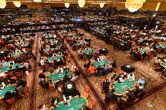Inside Gaming: Analysts Lower Macau Gaming Estimates Through 2020
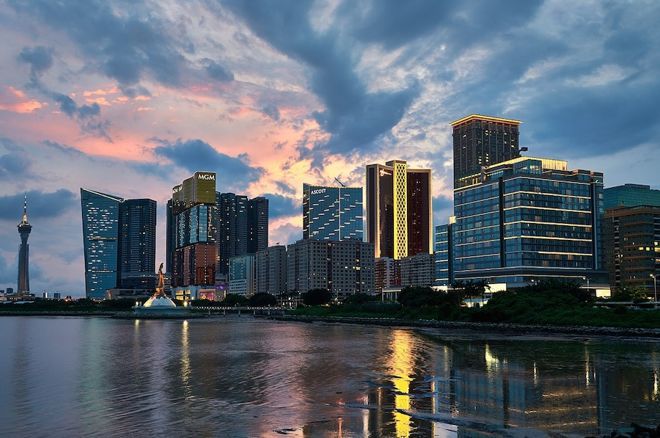
Table Of Contents
Morgan Stanley Revises Downward Macau Gaming Estimates for 2019 and 2020
The investment bank Morgan Stanley this week weighed in with revised estimates of how Macau's gaming revenue will shape up for the rest of 2019 and 2020, with their new projections lowered from what had previously been the case.
According to Inside Asian Gaming, the company's analysts "revealed revised GGR estimates of -3% for both FY19 and FY20, down from previous estimates of -1% in 2019 and +8% in 2020." They also anticipate "negative GGR growth in November and December of this year."
Various factors are cited as causes, the primary being "a limited increase in hotel room supply" as having an impact on mass revenues.
Referring back to the opening of MGM Cotai in early 2018, "there has not been much new supply" since, explain the analysts. In fact, there has been a decrease in hotel rooms "while Holiday Inn and Wynn Peninsula have been taking some rooms out of service for renovation."
Delays in the openings of SJM Grand Lisboa Palace and Galaxy Phase 3 until early 2021 were also cited as having contributed to the limitation of hotel room supply.
Years' worth of gross gaming revenue declines in Macau came to an end in August 2016, with year-over-year increases following for the next two-and-a-half years afterwards. However this year four of the seven months have seen decreases, with the 8.6 percent drop in August the largest so far in 2019.
MGM Springfield's First Year Shy of Initial Revenue Projections
Speaking of projections, MGM Springfield opened to much fanfare in August 2018. There were great expectations as well for the more than 2 million-square-foot property with 125,000 square feet of gaming space, over 2,500 slots, 120 tables, a spa, skating rink, golf simulator, a 10-lane bowling alley, eight-screen movie theater, and 8,000-seat entertainment venue.
This week MassLive reports that despite August gambling revenue being up 2.7 percent over the previous month, figures for MGM Springfield's first full year of operation show the property has fallen shy of executives' first-year projections.
The projection had been for $418 million in gross gaming revenue for the first 12 months of operation. However the total from late August 2018 through August 2019 added up to $273.8 million or a little under two-thirds of that mark.
A statement from MGM highlighted last month's numbers without focusing on having failed to meet those first-year projections.
"As our second year of operation begins, we look forward to the opportunities ahead reaffirming our commitment to the community and Commonwealth through a robust calendar of events, exciting concerts, eclectic dining, dynamic casino promotions and world-class guest services synonymous with MGM Resorts," said MGM Springfield president Michael Mathis.
According to MassLive, "MGM Springfield officials have admitted to investors and to state regulators that the casino has taken some time to 'ramp up' and be as busy as they had planned it to be at this point."
Meanwhile in August the new Encore Boston Harbor located across the state in Everett saw $52.4 million in gross gaming revenue, up from $48.5 million in July.
Illinois Regulators Recommend Lawmakers Revise New Gambling Expansion Law
In June we shared how Illinois Governor J.B. Pritzker signed into law a significant gambling expansion bill allowing for the addition of several casinos in the state, including a "mega-casino" in Chicago. Also covered in the bill is the addition of slots and table games at existing gambling venues as well as the addition of sports betting in the state.
Now the regulators have weighed in. After having received a consultant's report regarding the tax rates and other elements of the new legislation, on Monday the Illinois Gaming Board unanimously approved a resolution recommending state lawmakers "consider making modifications to the terms of the Chicago casino license authorized under the Illinois Gambling act," reports The Chicago Tribune.
The board did not offer specifics regarding just how the legislation should be changed, but did allude to the fact that the tax rates established by the law were so high they might dissuade investors and thus hamper development of the Chicago casino.
The consultant's study "found that a 'very onerous' combined state and city tax rate of roughly 72% on post-payout revenue �� with 33.3% going to Chicago to pay down police and firefighter pension debt �� would leave razor-thin profit margins for potential developers," the Tribune explains. That said, regulators made no particular recommendations regarding how the rates might be revised, citing that to be solely the purview of lawmakers.
Relatedly, last month Churchill Downs Inc., parent company of Arlington Park, a.k.a. the Arlington International Racecourse, intimated that thanks to the new law it would not be seeking a casino license, throwing the future of the famed racetrack in doubt. The company has taken issue with how the track would be required to use a percentage of its casino earnings to supplement purses, as required by the new law.
Of course, opening up the law to potential changes could create further difficulties given how greatly debated all aspects of it had been prior to its passage. Nor does it appear likely either the state or the city is going to be especially ready to give up its share of the taxes required of the new casino.
Photo: "Macau Skyline" (adapted), Mike, CC BY 3.0.

